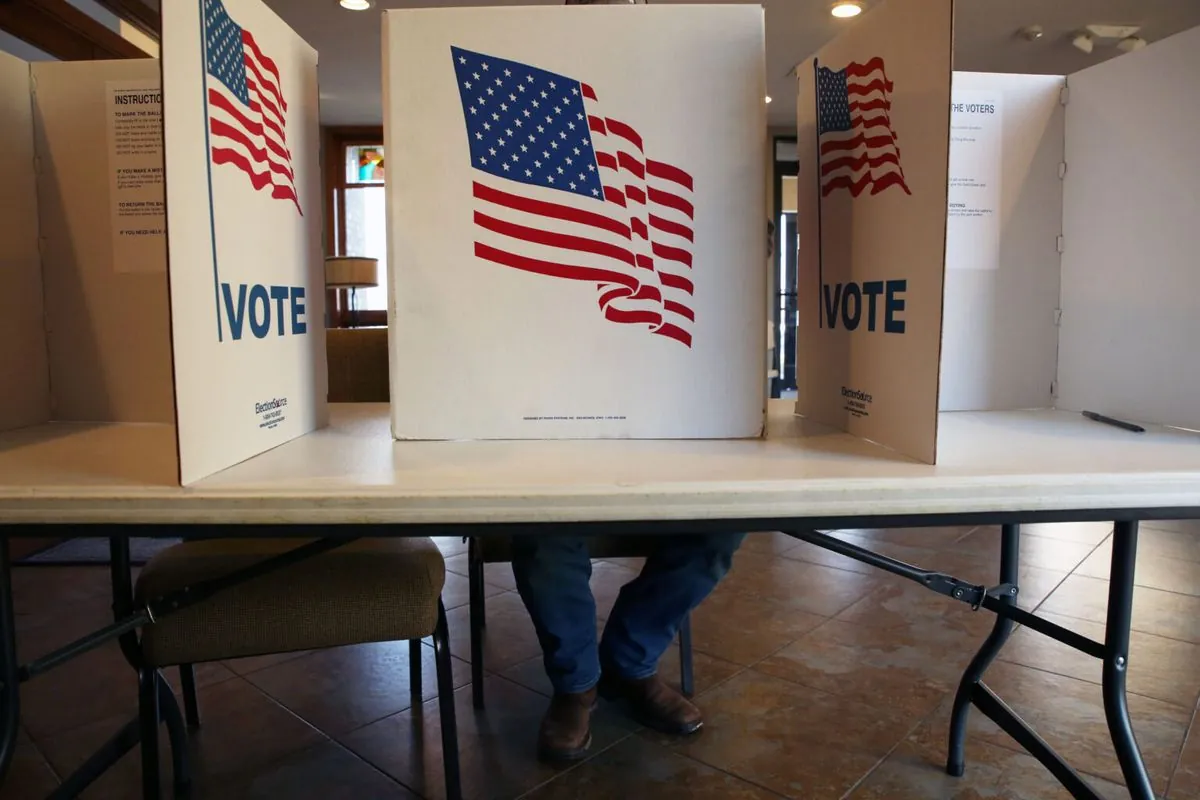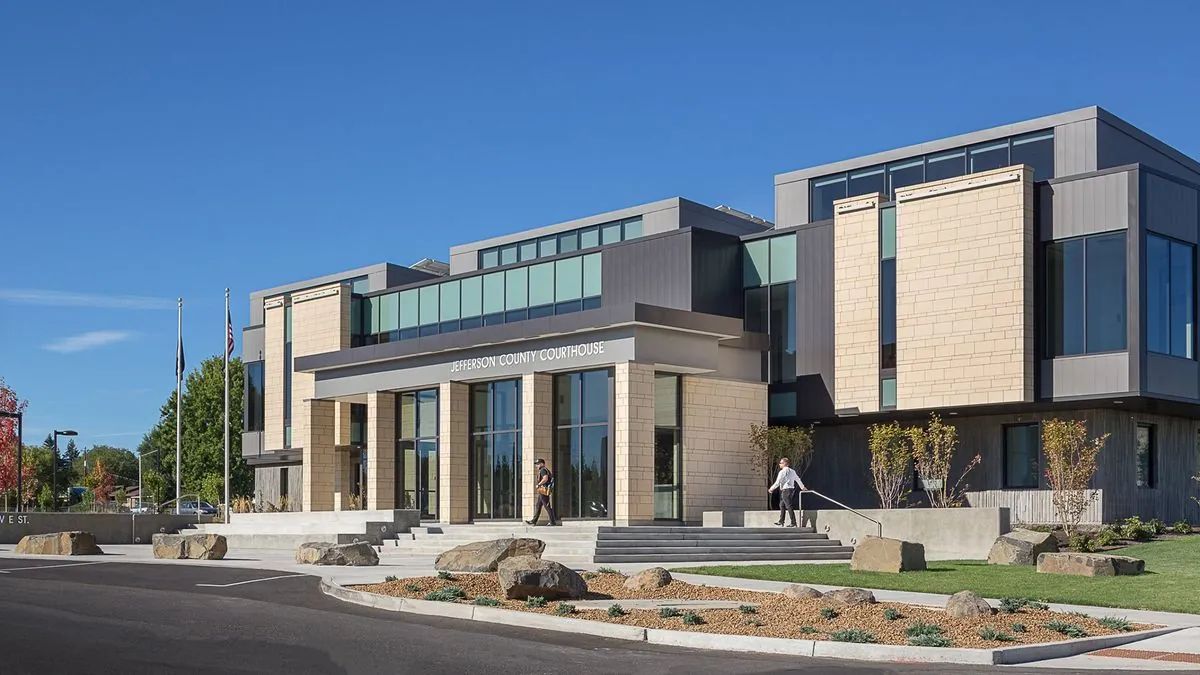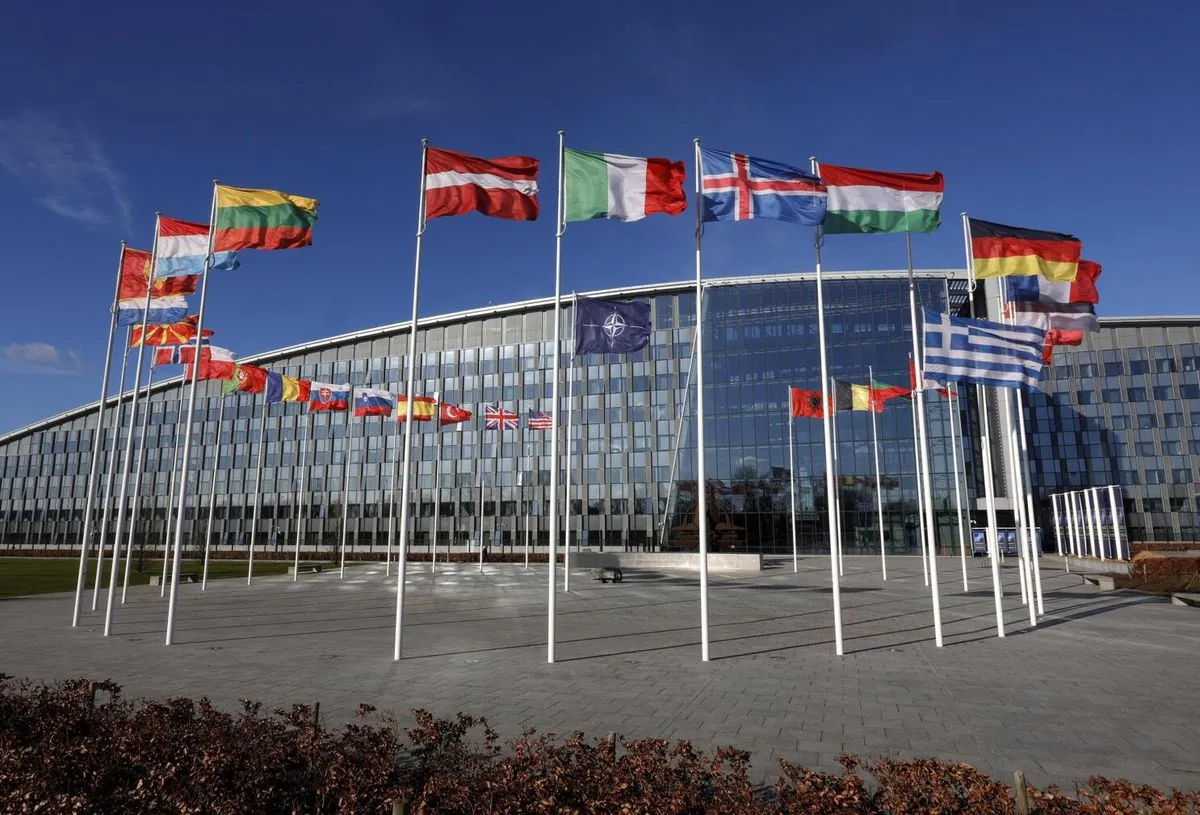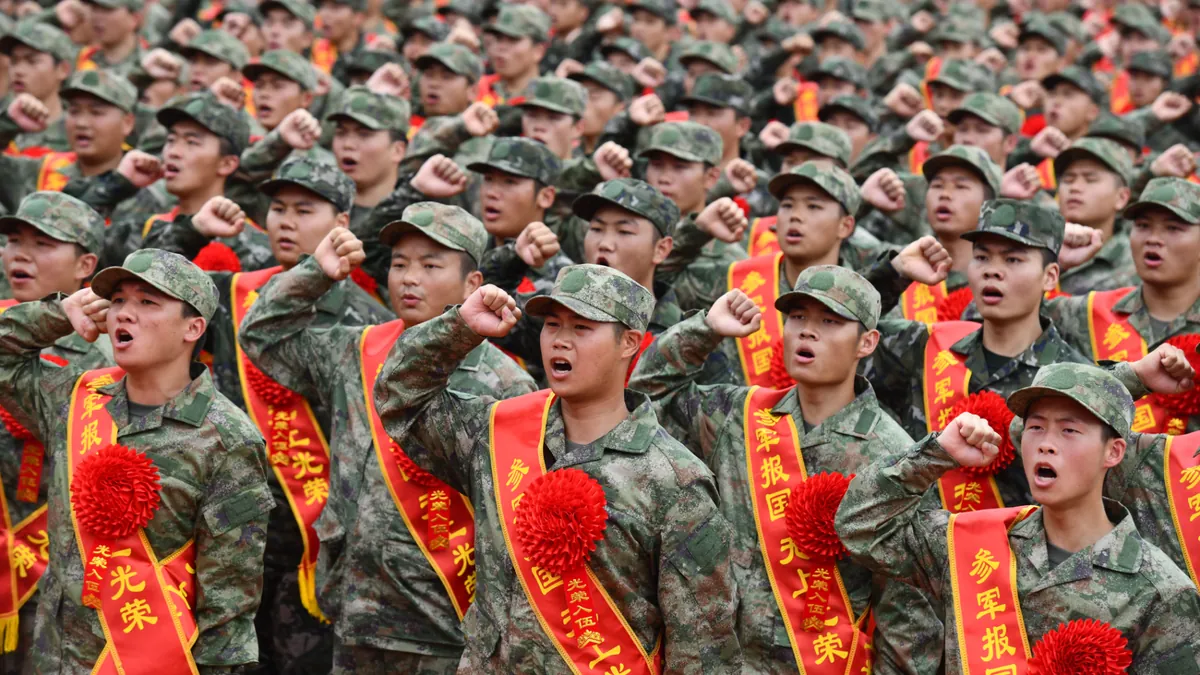Brazil and Mexico Set to Modernize Trade Ties, Eyeing Economic Growth
Brazil and Mexico, Latin America's largest economies, plan to update their trade agreements. The move aims to boost industrial, agricultural, and technological cooperation, potentially extending to broader regional partnerships.
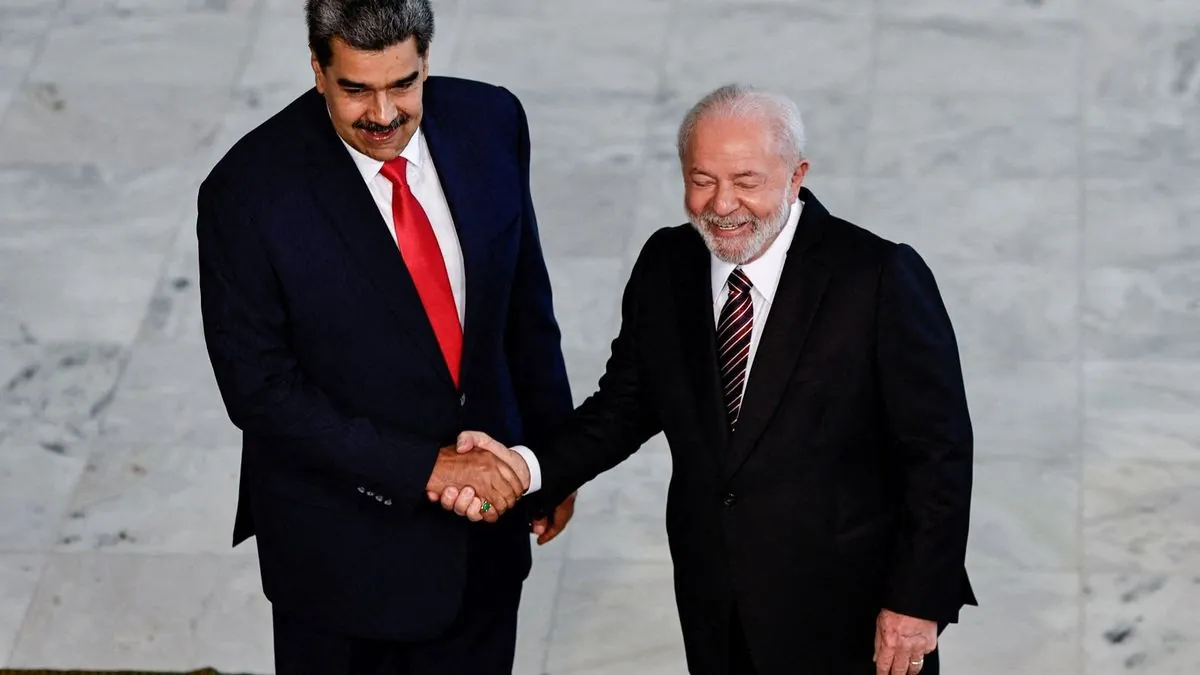
Luiz Inácio Lula da Silva, Brazil's president, arrived in Mexico on September 30, 2023, for an official visit coinciding with the inauguration of Claudia Sheinbaum as Mexico's new president. The visit highlighted the need for revising and expanding trade agreements between the two nations, which together account for approximately 60% of Latin America's GDP.
The existing trade agreement, dating back to the early 2000s, covers about 800 product types. However, Marcelo Ebrard, Mexico's incoming economy minister, stated, "The growth of our relationship has already topped that agreement. We need to update it." This sentiment was echoed by Lula, who emphasized the importance of revising the agreements as soon as possible.
"I want our industries to grow, our agricultures to grow, I want Brazil and Mexico investing to build artificial intelligence that could bring economic benefits for us."
This focus on artificial intelligence aligns with global trends, as AI is projected to add $15.7 trillion to the world economy by 2030. Both Brazil and Mexico, as members of the G20 group of major economies, are well-positioned to capitalize on such technological advancements.
The proposed revisions aim to strengthen ties between Latin America's two largest economies, which have diverse and complementary export profiles. Brazil's main exports include soybeans, crude petroleum, and iron ore, while Mexico primarily exports vehicles, electrical machinery, and mineral fuels.
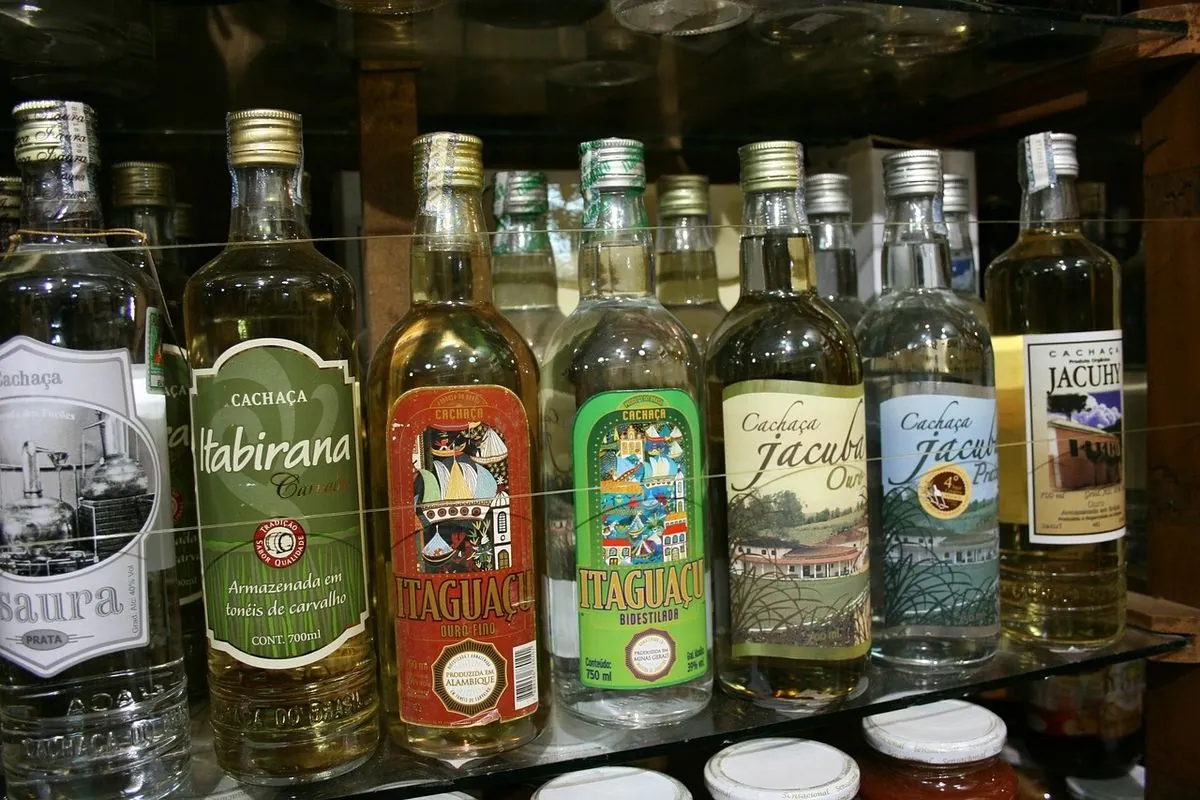
The automotive industry, a significant sector in both countries, is already regulated by a separate agreement. This sector could potentially benefit from updated trade terms, considering that Mexico and Brazil are major vehicle manufacturers in the region.
Lula also suggested the possibility of extending the trade agreement currently under negotiation between the European Union and Mercosur to encompass all of Latin America. This proposal could have far-reaching implications, as the EU-Mercosur negotiations have been ongoing since 1999.
It's worth noting that while Brazil is part of the Mercosur bloc and the BRICS group of emerging economies, Mexico has over 50 free trade agreements globally, including membership in the United States-Mexico-Canada Agreement (USMCA). These existing partnerships could provide valuable insights and frameworks for the proposed trade updates.
As both nations look to strengthen their economic ties, they bring to the table not only their economic might but also rich cultural heritages. Brazil, with its Portuguese-speaking population, and Mexico, with its Spanish-speaking citizens, represent the two most populous countries in Latin America. Their diverse ecosystems, ranging from rainforests to deserts, and their pre-Columbian histories add depth to their modern economic aspirations.
The proposed trade revisions, if successfully implemented, could mark a significant step towards greater regional integration and economic growth in Latin America. As the global economy continues to evolve, the partnership between Brazil and Mexico may serve as a model for other emerging economies seeking to adapt and thrive in an increasingly interconnected world.































